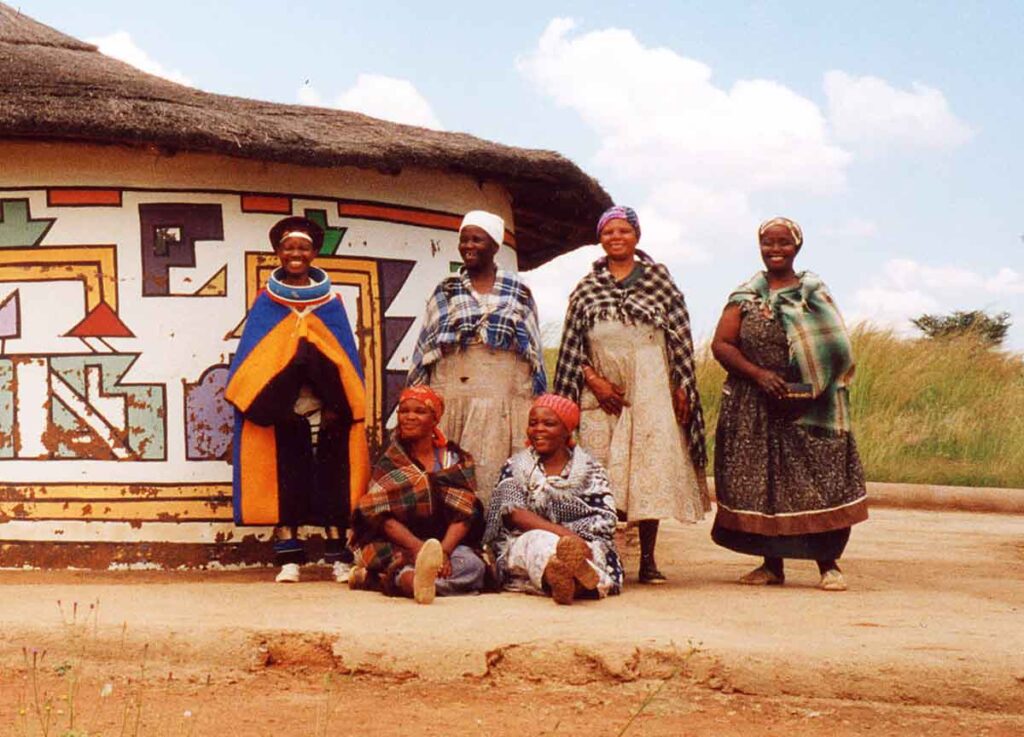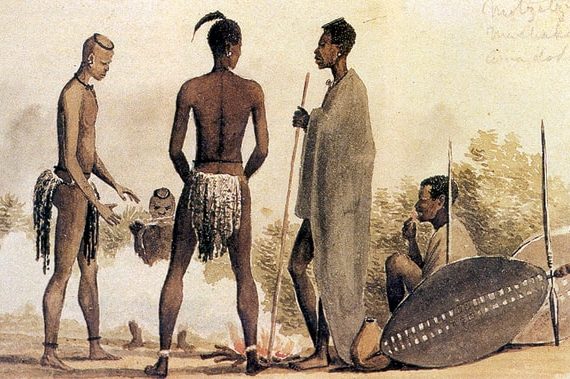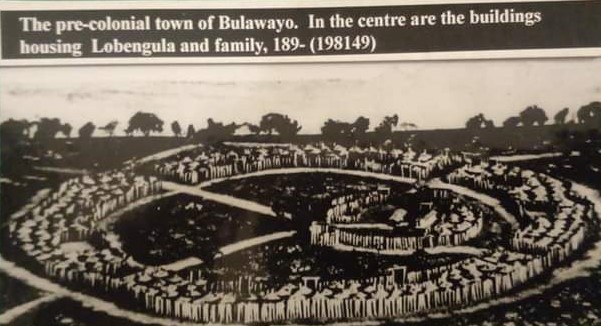Izangelo are family praises. The singular is isangelo. Each family in the Ndebele community has its praises. Sometimes houses/ branches within a family have different praises. Izangelo are primarily for preserving family history through oral tradition. This is because the Ndebele did not have books to write their history, they mostly relied on passing information through the word of mouth. Each praise has a story behind. The more one gets to know the stories represented by izangelo, the more one gets to know the histories of those families.
Izangelo are presented poetically. They are sometimes spoken in different languages because some families changed identities in different generations. For example, one can have a great grandfather who spoke a certain language and then sought refuge in another land with a different language and begot one’s grandfather who grew up knowing the language of the area. The grandfather will also relocate elsewhere with a different language, leading one’s father to also speak the language different from his ancestors.

Izangelo can also be used as a sign of gratitude. For example, a recipient can shower the service provider with izangelo of the latter as a token of appreciation. In using them for gratefulness, the one reciting them must begin all the praises with the vowel “E”. For example, if isangelo is Donga, it should be recited as EDonga. It is their use in expressing gratitude that izangelo are also called izithakazelo; from the word thakazela which in this context means to praise flatteringly.




